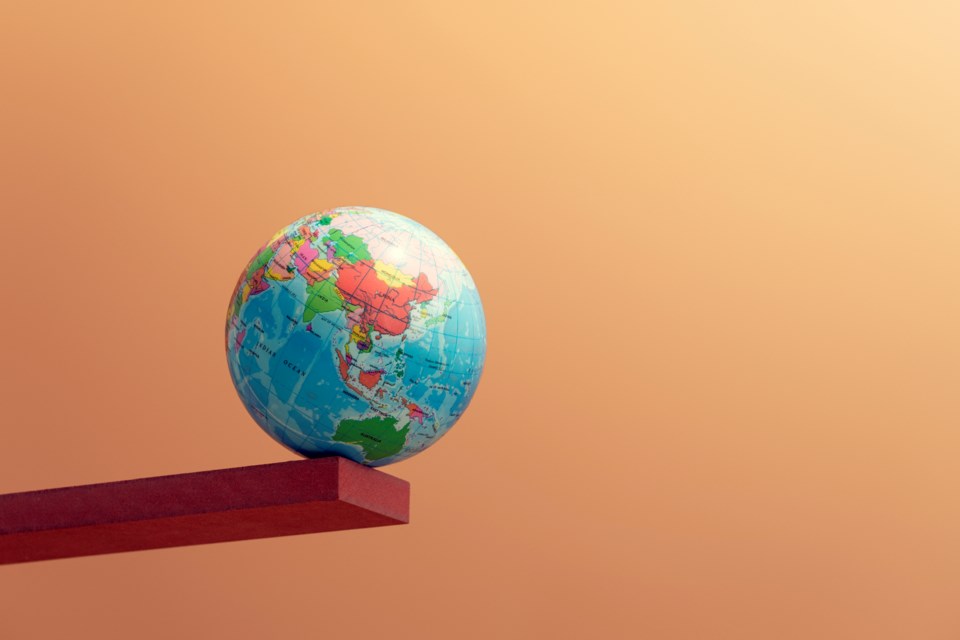An “existential crisis”, as defined by psychology, relates to inner conflicts characterized by the impression life lacks meaning or by confusion about one’s personal identity.
When John Rustad says “climate change is not an existential crisis”, given the above definition, one can’t help but agree. But I am pretty sure that was not the intent of Rustad’s comments. Instead, he was using the opportunity to try and sell the position climate change is not threatening human existence.
While he accepts humanity is impacting our climate – “anthropogenic warming from carbon dioxide is real” – he considers it just one of hundreds of factors affecting our climate.
He contends it isn’t a crisis and certainly not the most pressing issue facing BC. He promises the Conservative Party of BC will “not go down the rabbit hole of over-taxation, hype, scare-tactics and false promises.”
So, what is his plan? Eliminating costly climate taxes and policies. Returning the money to British Columbians since “taxing everyday, working people into poverty will not change the weather.”
With this, we at least have some idea what the provincial Conservatives have in mind. But it is shortsighted, as most political plans are. This is one of the issues we have with climate change. It is a gradual and generational problem as opposed to a pandemic. It requires long-term vision.
Realistically, if you are over the age of 50, then the worst effects of climate change will not significantly affect your life. Sorry to be blunt but we are not going to be around in 40 years.
The disasters we are presently experiencing – atmospheric rivers, scorching summers, extended fire seasons, flooding, etcetera – will seem as nothing to the next generation. Everything will be ten times worse by the middle of this century if we do nothing. At least, that is what the science has to say.
So, should we do the best we can now to stop what will become a threat to human existence? Or put our heads in the sand?
Ironically, Rustad “believes in the power of building science and technology to adapt and solve problems – as man [sic] has always done – rather than a climate doom-cult.”
The science is telling us to do something about the problem now, not later.
Todd Whitcombe is a chemistry professor at the University of Northern B.C.



